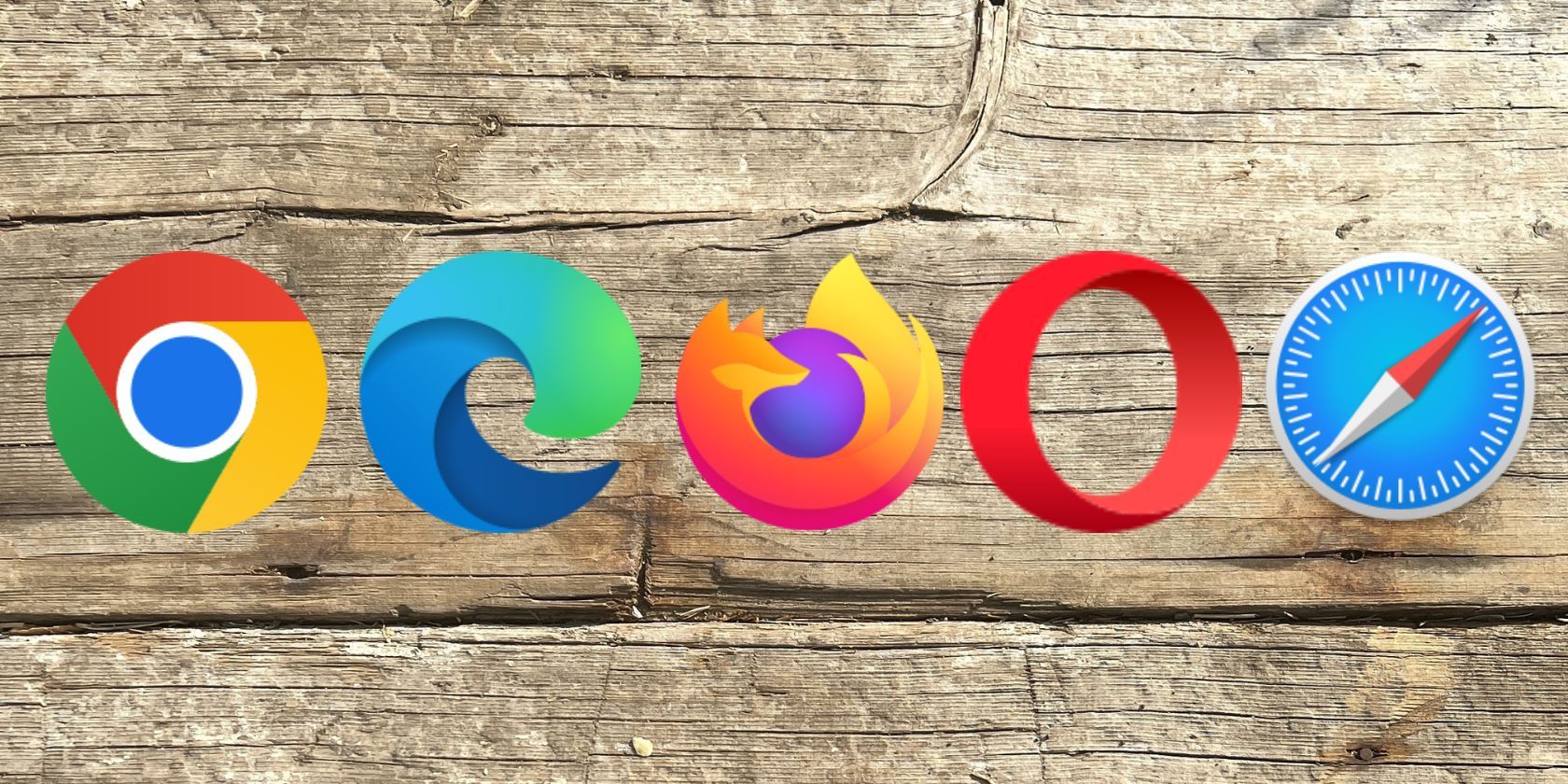
Exploring the Advantages of Satellite Cell Phone Services: Are They Right For You?

Exploring the Advantages of Satellite Cell Phone Services: Are They Right For You?
Key Takeaways
- Satellite cellular service could provide unbreakable coverage anywhere in the world, eliminating the need to rely on local cell towers, at least fully.
- Despite recent developments, major carriers have not yet adopted satellite cell technology, and it is still in the early stages of testing.
- Companies like SpaceX’s Starlink and AST SpaceMobile are making progress, but there are still technological challenges and concerns about satellite crowding and signal power.
In some locations, getting cell service coverage can be nothing short of stressful, and getting good signal with a data connection in anywhere may seem like a pipe dream. In theory, satellite cell service could make unbreakable coverage a reality, but how and when might that happen?
What Is Satellite Cellular?
Satellite cellular service is pretty much what it sounds like: a network connection with a cell phone via a satellite. Instead of your phone connecting to a series of local cell towers, it would connect to a network of satellites in low Earth orbit passing by its location. The idea is that we never lose a signal, no matter where we are in the world. Imagine being able to go to another country, go camping, get on a boat, and still be able to get on your phone at any time, any place, without ever needing to glance at a coverage map.
You’ve probably heard of a satellite phone before, considering they’ve been around in some form since the 80s. Their limitations and costs compared to traditional cell phones, though, have made them popular only in certain circumstances. A sort of satellite renaissance has recently been happening, with some satellite-capable hardware recently added to smartphones. These connections aren’t capable of much, though, and are generally limited to calls or very short texts. When Apple introduced the iPhone 14’s ability to send messages using a satellite connection , even that was limited to emergency SOS purposes only. There was also Motorola’s $100 dongle for any phone that allows SOS emergency messages to be sent via satellite connection, as long as you pay $5 a month for the connection. Great in an emergency, but not the kind of phone call and internet coverage you might be used to having on a 5G network.
How Useful Would Satellite Cellular Service Actually Be?
Getting our internet signal from a satellite might benefit someone like you and me if we’re in a place where the cell tower signal can’t reach our smartphone, like at camp or on a mountainside. There are many places around the world where cell coverage is a problem for frequent travelers, people who live in remote places, and more. With satellite cellular service, frustrating circumstances where we can’t get a signal could become a thing of the past.
That said, none of the major carriers at the time of writing have adopted the technology, and it’s barely entered the two-way voice call test phase. We can’t yet speak to how fast of a data speed you’ll be able to achieve in the near future, for example.
How Companies Are (Slowly) Making Satellite Cellular a Reality
It’s not going to be an easy road for this technology. Rather than attempt to replace an entire cellular network that’s on the ground, projects like SpaceX’s Starlink have begun their foray into satellite service by attempting to fill in the gaps between coverage areas. Early in 2024 in collaboration with T-Mobile, Starlink launched six satellites into Earth’s orbit that are capable of cellular transmissions for LTE smartphones and then sent some text messages between iPhones .
Voice and data? Not at least until 2025, said Starlink . Even just sending the text messages took a huge amount of effort. “… [I]n a satellite network they move at tens of thousands of miles per hour relative to users on Earth. This requires seamless hand-offs between satellites…” said Starlink. And there’s still no start date for the real service to come to T-Mobile users, nor even a scheduled field-testing period.
On the other side of the race to fill coverage gaps with satellites is a company called AST SpaceMobile. AST SpaceMobile calls itself the first space 5G cellular broadband company. Notably, AST SpaceMobile is already in their test phase and has been since November 2022, when they launched their prototype satellite called BlueWalker 3 into Low Earth Orbit. Just five months later in April 2023 AST announced that they had been able to make successful two-way voice calls from Texas to Japan on their space-based network with Samsung Galaxy smartphones.
Another critical factor for AST is the recent investment from both Google and AT&T , as the big cell companies position themselves to get their signal on board these satellites. It’s worth noting that China Mobile also recently launched a satellite capable of a 6G signal in an effort to provide coverage where cell towers can’t reach in China, but have yet to report successful tests with the technology.

It makes sense for these satellite broadband development companies to begin with securing a cell connection in locations where weak tower signals or geographic elements block it, but it also shows that the technology is still in the early stages. It’s an indicator that the idea of global satellite cell coverage may not be on the horizon, but the satellites will likely substitute for cell tower coverage when unavailable. Unbreakable signal coverage is still a possibility in the future, but our smartphones will likely connect to both cell tower signals and satellite signals to achieve that.
When Will We Get Satellite Cellular?
As we’ve seen, there are a lot of technological challenges to be solved before satellite cellular is an everyday part of cell networks. And that’s not all. There’s also concern in the satellite cellular space about satellites crowding Earth’s atmosphere , and the legal limits of the power of a satellite signal . There are more issues likely to surface that no one can predict, so we can’t say right now when everyone will be walking around with satellite-connected phones.
New technology comes with a lot of experimentation, and as we watch the race to provide an unbreakable global signal, we will see a lot of mistakes before we see any advertisements for satellite cell service. Maybe at some point we could see our cell carriers offering global coverage for when we go camping, but for now it seems more like an interesting technology to observe through this early test phase.
Also read:
- [New] Foundational Framework Engaging in Instagram Video Talk
- [New] In 2024, Upgrade Your TikTok Videos Efficient Backdrop Swapping Guide
- [Updated] 2024 Approved Transform Viewing Experience Adding Subtitles on Windows Media Player
- [Updated] 2024 Approved Unseen Battles Umbraheroes (Black) Versus Luminaryheroes (Silver)
- [Updated] AuditSound Scrutiny for 2024
- [Updated] In-Depth Analysis The Top 7 Android Apps to Combat Ads Effectively
- [Updated] Unlocking Metaverse Potential - Top 7 Innovations to Master
- [Updated] Unveiling the Best Practices in Cds Ripping & Burning with Win, Media
- 2024 Approved The Art of Fisheye Lens in 360 Imagery
- 2024 Approved Transform Ordinary Snaps The Top 10 Snapshot Enhancers Apps
- 2024 Approved Universal SRT to Various Subtitle Formats Handbook
- Blending Binaries Digital Photographic Techniques
- Download Your ZexMTE Bluetooth Device Driver for Windows Versions (XP/Vista/7)
- In 2024, The Insider's Look at Configuring a Powerful Zoom Room
- In 2024, Top 10 Fingerprint Lock Apps to Lock Your Oppo A18 Phone
- In 2024, Ultimate Phone Filters & Camera Cases
- Reliability on Trails: A Comprehensive Look at Kensun's Portable Tire Inflator
- The Realm of Melodies Where to Get Hearing Heroes' Ringtones for 2024
- Transforming the Metaverse Essential Gear to Consider (Top 7) for 2024
- Title: Exploring the Advantages of Satellite Cell Phone Services: Are They Right For You?
- Author: Mark
- Created at : 2024-12-28 16:55:56
- Updated at : 2025-01-02 17:08:10
- Link: https://some-guidance.techidaily.com/exploring-the-advantages-of-satellite-cell-phone-services-are-they-right-for-you/
- License: This work is licensed under CC BY-NC-SA 4.0.